Welcome, Brave Traveler
Within this treasured tome, you will find a complete fantasy campaign setting deeply inspired by the richness and beauty of Korean culture and history.
In the Koryo Hall of Adventures campaign setting, you can explore four uniquely detailed lands within the continent of Jeosung. Roam the mystical forest wilderness of Mudangguk or head to the city and meddle in the mercenary politics of Daewanguk. Heroes (or fools) may attempt to infiltrate the hermit kingdom of Haenamguk or brave the frigid peaks of Noonnara.
You want more? How about taking part in a pilgrimage along the crest of Wunü Mountain, or exploring the eternally dark swampy forest of Hugakneup? You could also participate in the famous Cave Games under Cheonsanju mountain, or even trade grains and brewed alcohols along the Chassalgil trade route.
In the Koryo Hall of Adventures campaign setting, you can explore four uniquely detailed lands within the continent of Jeosung. Roam the mystical forest wilderness of Haguiliesta or head to the city and meddle in the mercenary politics of Daewanguk. Heroes (or fools) may attempt to infiltrate the hermit kingdom of Haenamguk or brave the frigid peaks of Noonnara.
You want more? How about taking part in a pilgrimage along the crest of Wunü Mountain, or exploring the eternally dark swampy forest of Hugakneup? You could also participate in the famous Cave Games under Cheonsanju mountain, or even trade grains and brewed alcohols along the Chassalgil trade route.
Dynamic Job and Reputation System
The story centers around the Koryo Hall of Adventures, an honorable “mercenary’s guild” of sorts hidden away deep in the wilderness of Haguiliesta. Inside the Hall, adventurers can pick up jobs to take care of “problems” elsewhere in the four kingdoms. Some jobs will require the characters to save the land with grand heroics, but other jobs may have them engaging in back alley crime. A dynamic reputation system ensures all players stay on the same page, and the party is matched with jobs that suit their characters.
Divine Spirits in a Godless World
The gods abandoned Jeosung at the end of the first age, leaving a multitude of spirits in their wake. The people respect and honor these spirits, and commonly petition them for assistance. This book outlines a beautifully detailed animistic religion, with full rules for playing D&D without divine magic.
Access stats for over 40 kinds of spirits and learn how a world without deities, and therefore without clerics, can still be just as rich and plentiful. Animism opens the door to wonderment and poetry in adventurers’ everyday lives.
Meet The Mudang: Shaman With Class
A full chapter is dedicated to a new shaman class called the Mudang. Shamans use rituals called kutts to connect with the spirits that infuse the land. These spirits are called forth to inhabit the shaman and cast spiritual magic through her.
- Unique spellcasting system
- Learn to master offerings
- 5 elemental affinities
- Battle with quick rituals
- Practice the art of long rituals
A Fully Realized Campaign Setting
Writer and film director Aurélien Lainé has lived in Seoul, Korea for over fifteen years and has spent many years carefully researching and developing this book. Brilliant descriptions and illustrations help readers visualize the world: from clothing to architecture to traditions and more.
- Detailed History
- Epic Mythology
- Gorgeous Artwork
- Legendary Heroes
- 4 Known Planes
- Reputation System

A full chapter is dedicated to describing customs, clothing, architecture, food and a whole lot more. This allows both Game Masters and players to fully visualize the world in which they play.
Obangsaek: The 5 Pillars of Reality

You will learn about Obangsaek, the five pillars of reality in Jeosung. Not only are they of primary importance for the practice of shamanism, but they are also connected with the cardinal points, the seasons and with time itself!
Promoting Safe Play
The Koryo Hall of Adventures campaign setting has several points that make it an all-inclusive, non-racist setting which allows players to feel comfortable and ensure that everyone will have fun. The book also contains tools to facilitate communication amongst the players and with the Game Master.
For instance, the reputation system allows Game Masters to set expectations for the type of game they will be leading. Games for positive reputation characters should require generally heroic actions, while games for negative reputation characters will of course bring players onto a wild evil path of destruction.
Other tools include suggestions for conversations during session zero about mental places players are willing or unwilling to go to and a reminder about how to use the X card created by John Stavropoulos for those who want to implement it.
Editions
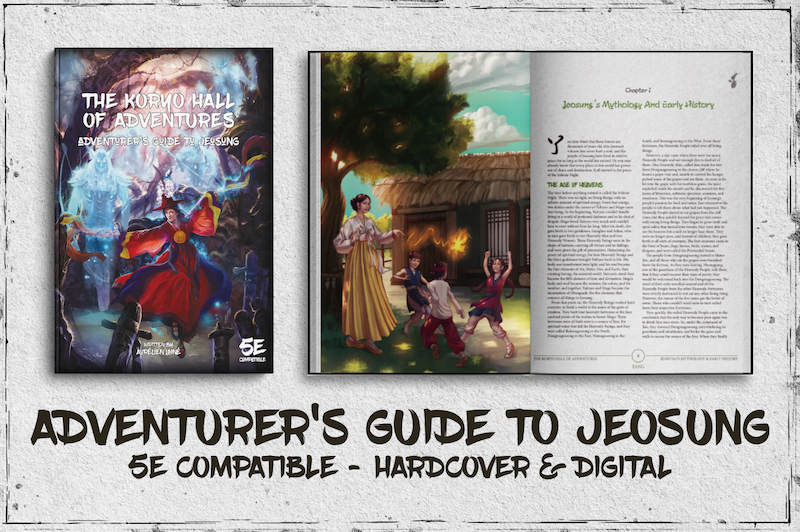 shopping_cart Get ebook from Drivethru
shopping_cart Get ebook from Drivethru shopping_cart Get hardcover from Amazon
shopping_cart Get hardcover from Amazon
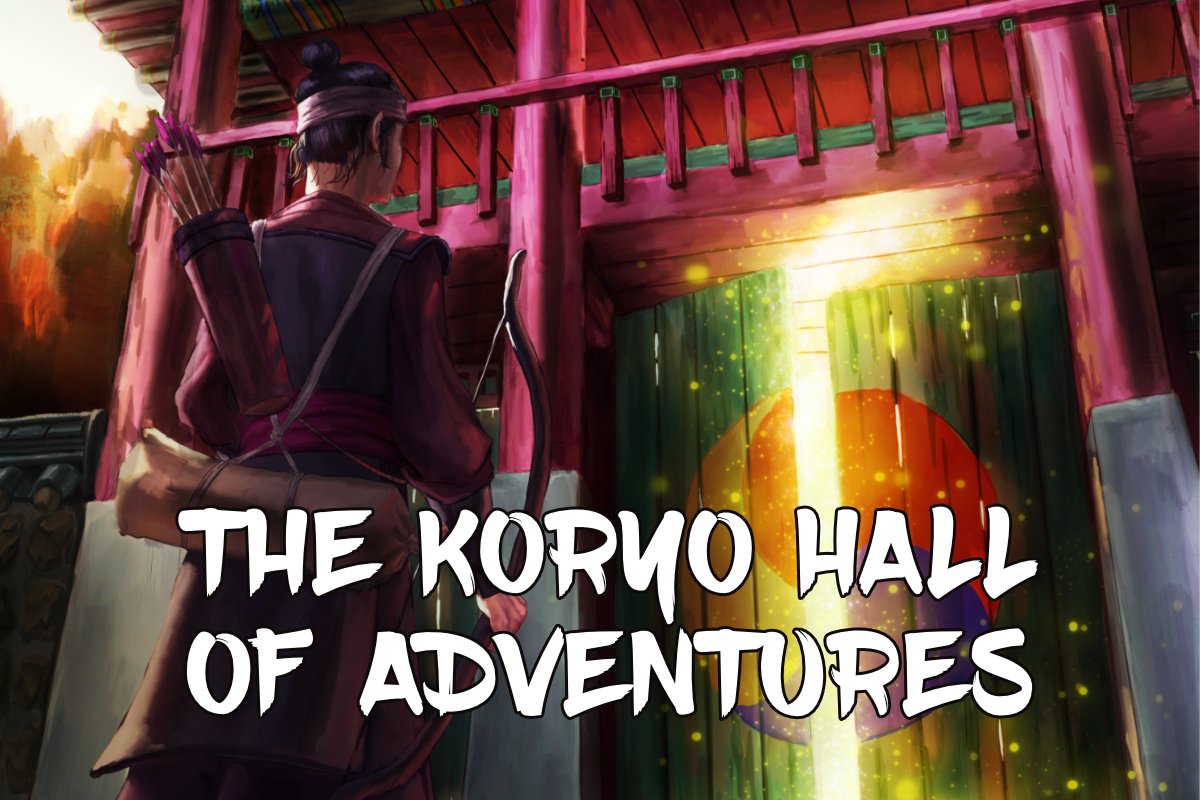
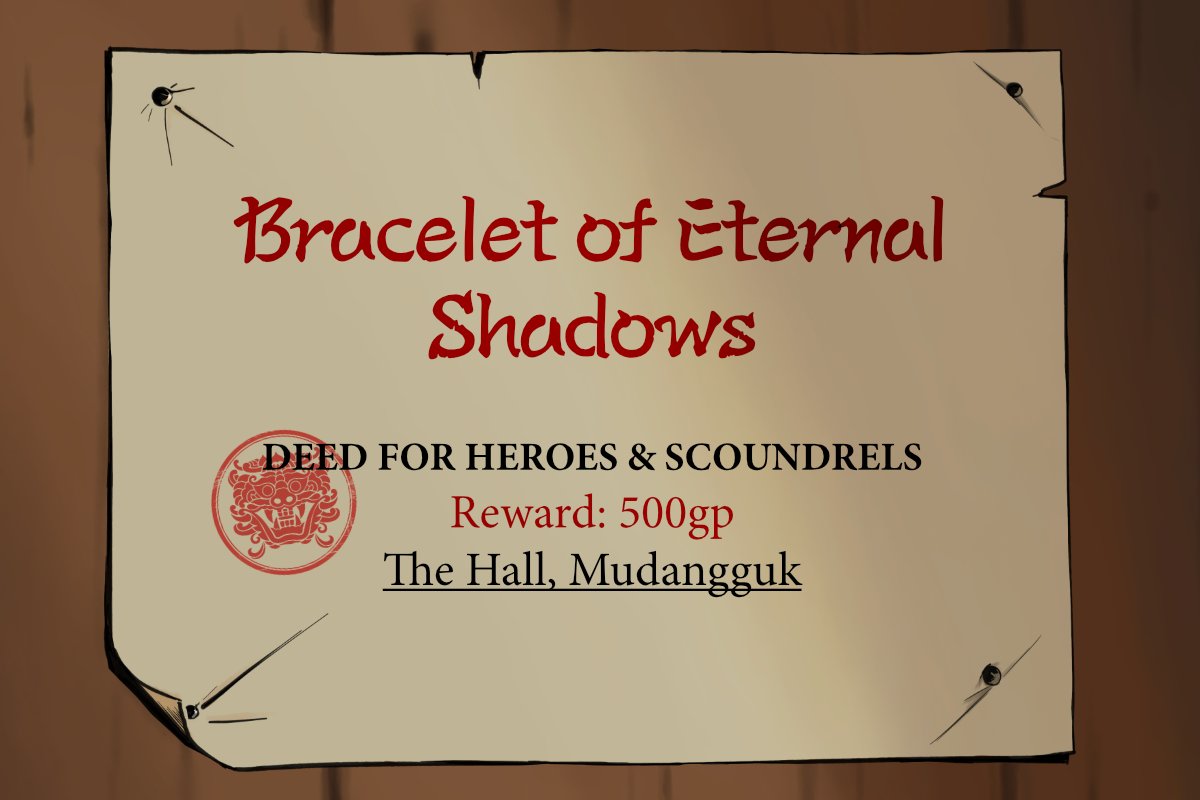

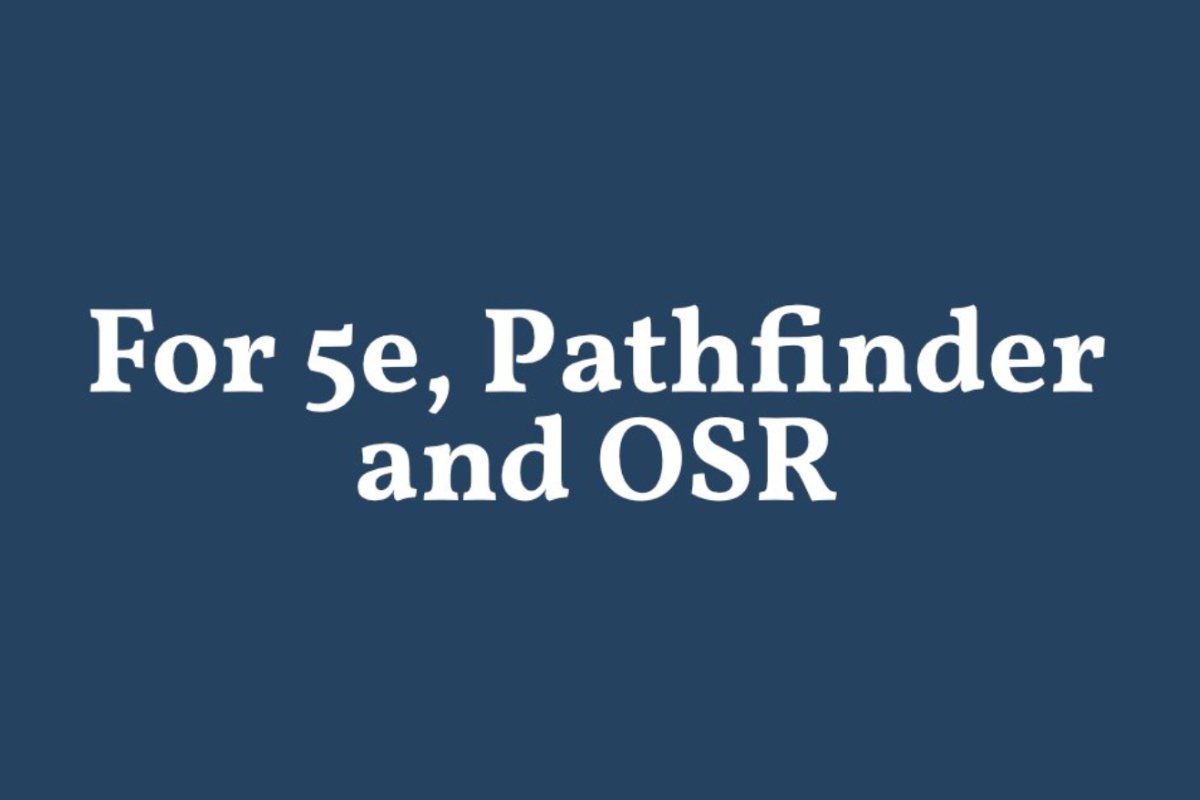
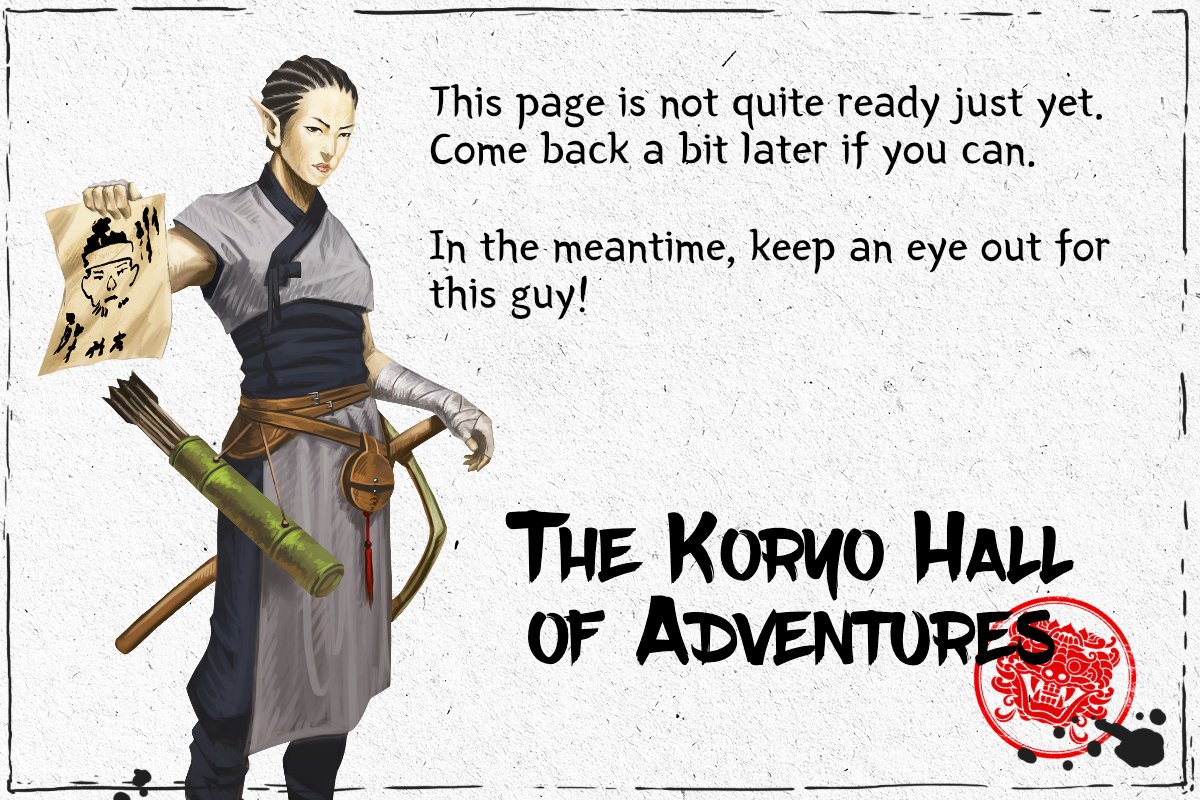
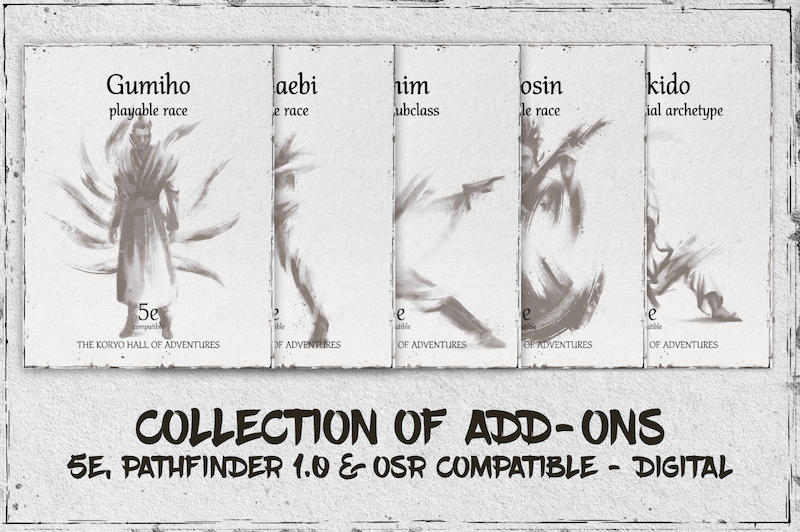
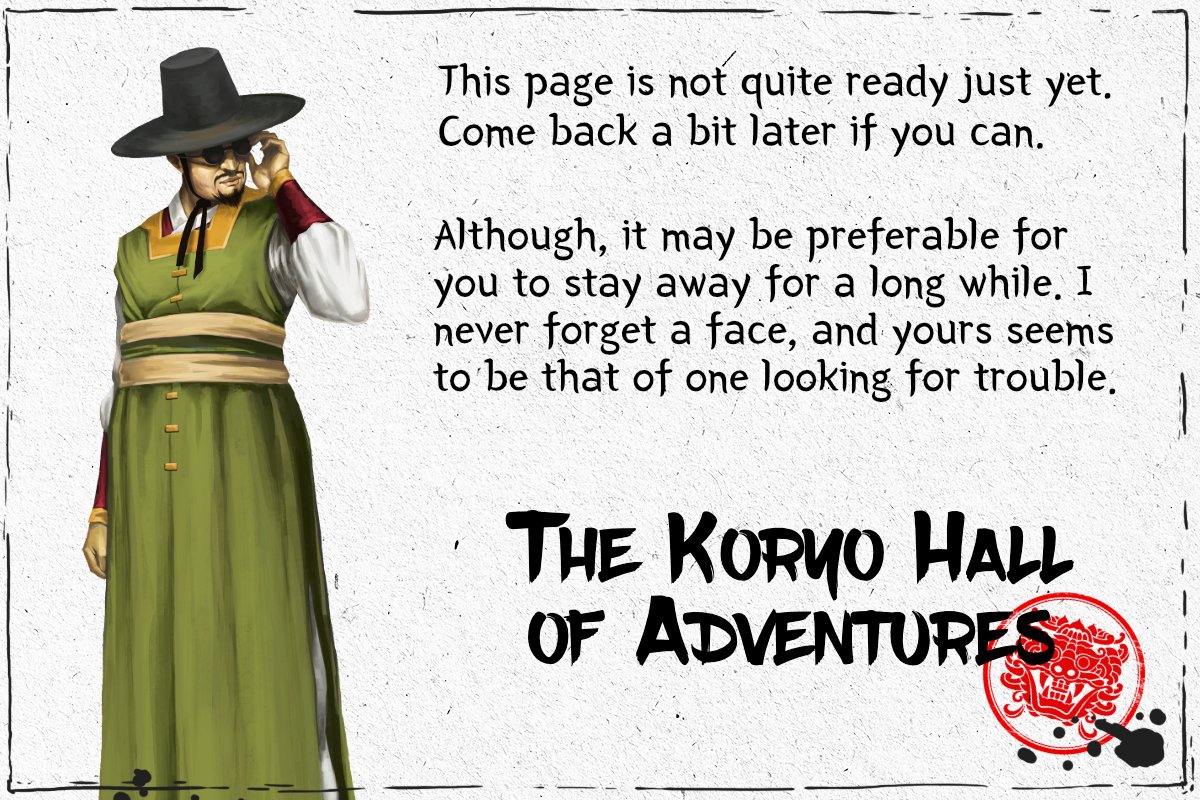
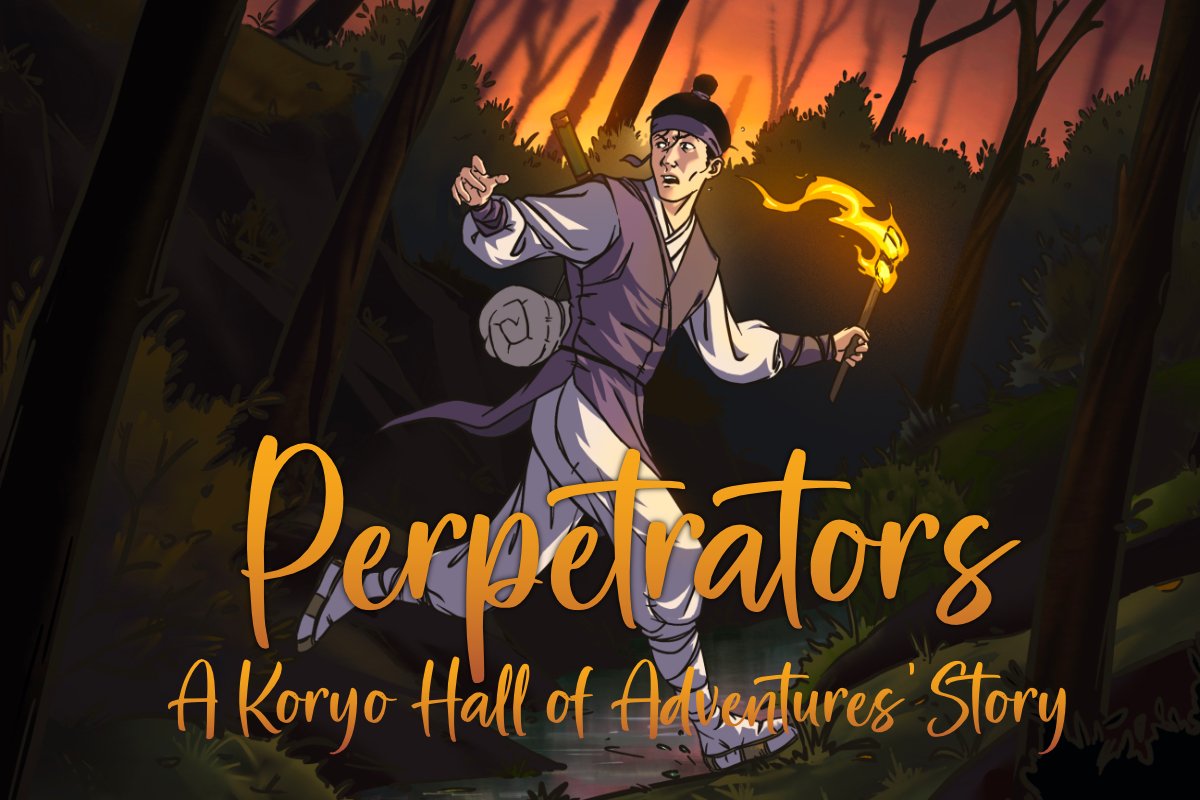
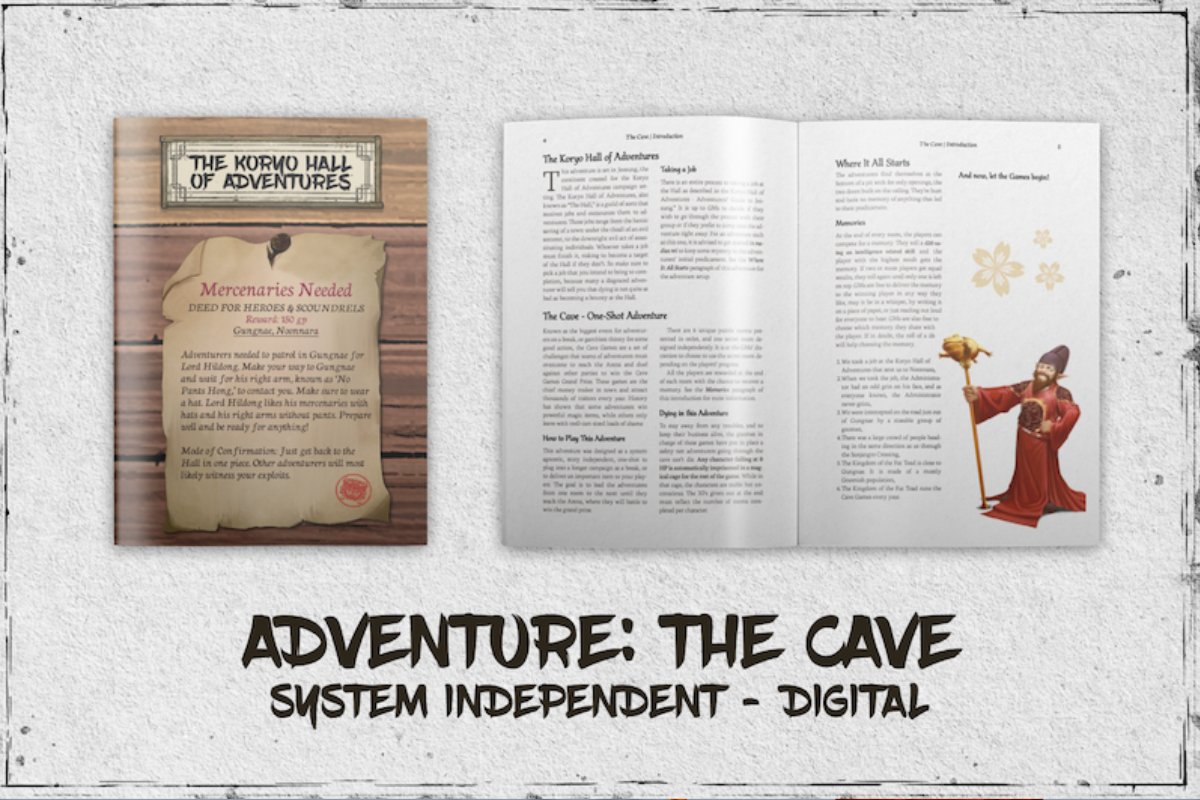
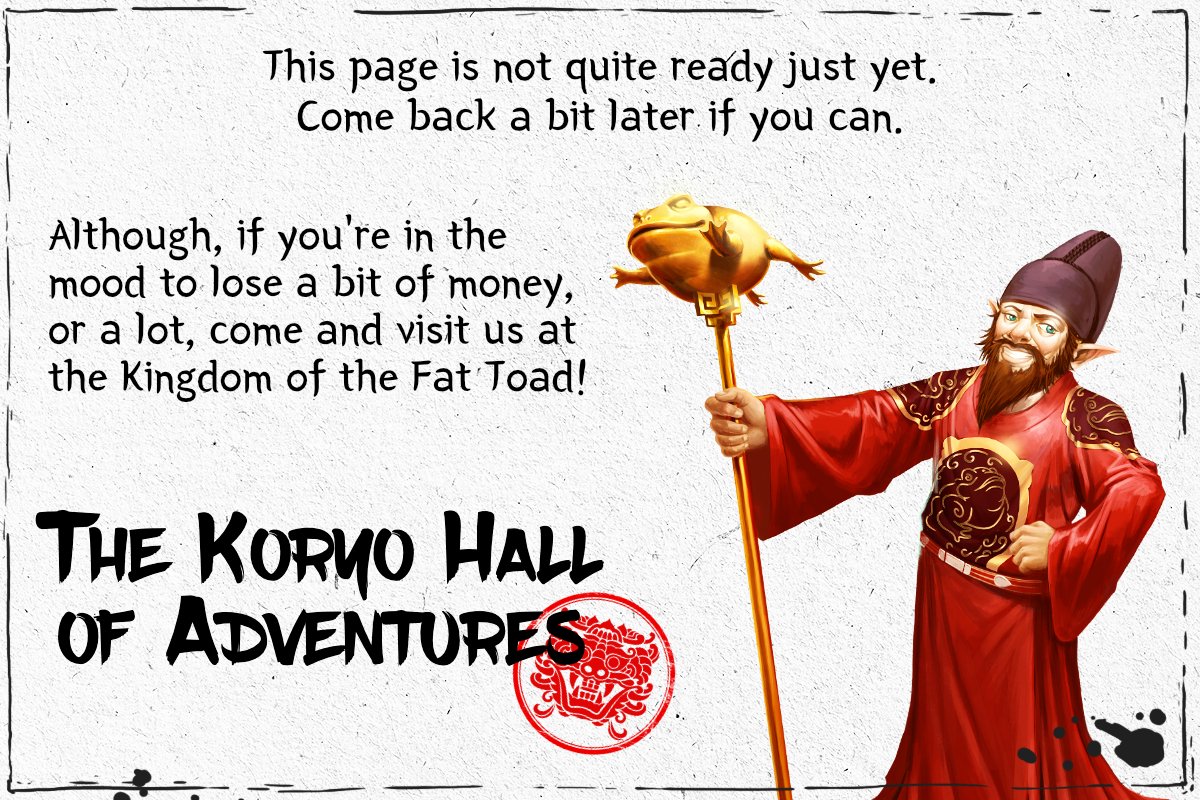
Start the conversation